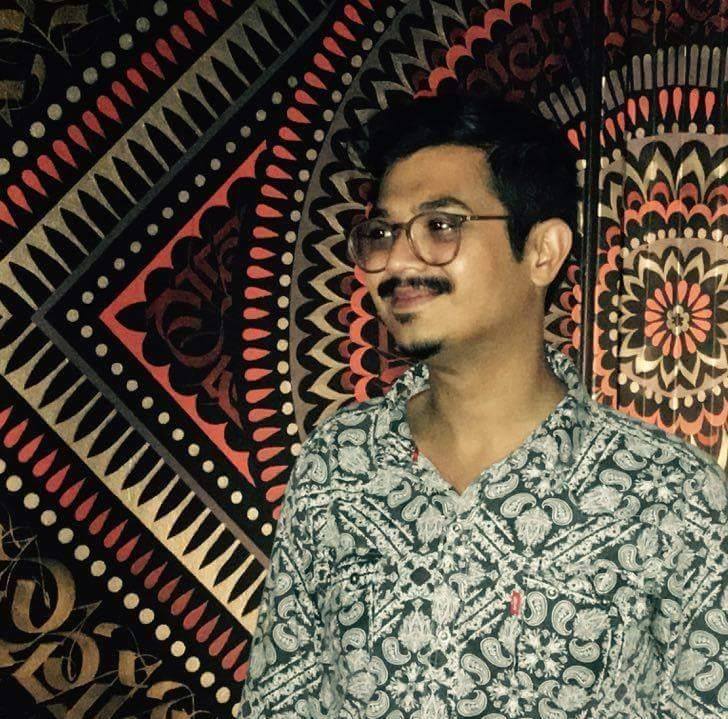
- 20 Sep 2018
[Arabia Asia] Separating Arms and Arms That Carry Them
[This event was organised by MEI’s Arabia-Asia Research Cluster, as part of its monthly internal seminar series.]
Attendance was open to the NUS community only – Interested participants who are not from NUS could email meievent@nus.edu.sg.
Abstract
Throughout the 20th century states have reduced their surplus in means of violence, both arms and soldiers, by exporting them abroad. Export in these two means, however, seldom overlaps. Mercenaries are officially deployed only in places under arms embargoes and arms sales is concentrated in states with strong national armies. My talk brings to attention a common yet understudied practice of separating arms and mercenary trade by turning to a historical case study from the interwar period of the two intersecting. In specific, I analyzed the case of an unruly soldier in a mercenary-importing state (Bahrain) suspected of joining illicit arms smuggling ring in a nearby weapons-importing state (Oman). The case highlights the myriad ways in which mercenaries interacted with arms and bazaars at the start of the century. Moreover, it illustrates how banning legal market trade of either arms or mercenaries, but not both, came to be a foundational logic of post-World War II international order.
About the Speakers

Postdoctoral Fellow,
Czech Academy of Science’s Oriental Institute,
Prague, Czech Republic
Ameem Lutfi is a Postdoctoral Fellow at The Czech Academy of Science’s Oriental Institute–Prague, Czech Republic. Lutfi is currently working on a manuscript tentatively titled ‘Conquest without Rule: Baloch Portfolio Mercenaries in the Indian Ocean’. His areas of specialization include Anthropology-History, Transnationalism, and Military Studies. Lutfi has a PhD in Cultural Anthropology from Duke University.




